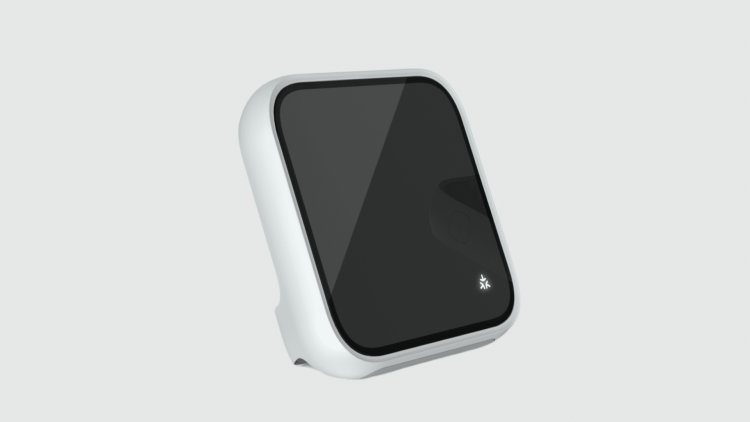Google, Apple, Amazon and Samsung can't agree

The Matter was announced at the end of 2019 and was originally supposed to enter the market in 2020. This did not happen, so the launch was postponed several more times.
The release of Matter, a new standard for connecting Internet of Things (IoT) devices being developed by Google, Apple, Amazon, and Samsung, among others, has been delayed again.
The launch was expected this summer, but has now been moved to the fall of this year, Michelle Mindala-Freeman of the Association for Connectivity Standards (CSA) told The Verge.
According to Mindala-Freeman, the release has been postponed because it is necessary to finalize the software development kit (SDK), which device manufacturers will use to integrate their products into the Matter ecosystem.
The goal is to ensure that multiple devices function together smoothly, which is, after all, the overall promise of the new standard.
For this reason, says Mindala-Freeman, more time is needed to work on several key areas of the SDK, in order to stabilize, adjust and improve code quality.
"We will complete the SDK in the second quarter and make the versioning of the specifications available to our membership at the end of June. These are definitely things that build confidence that our membership is all-in on Matter and push us to get it all done this fall, ”said Mindala-Freeman.
If all goes as planned, there is a chance that we will see more Matter-certified products this year. According to The Verge, the "first wave" of 130 products from 50 different firms in 15 categories is already being tested.
According to The Verge, 130 devices from 50 different companies in 15 categories are part of the "first wave" that is already undergoing a testing process.
These devices, therefore, include smart light bulbs, plugs, switches, smart locks, thermostats, shutters, sensors, garage door controllers, wireless access points, and televisions.
Companies from this "first wave" will be ready to apply for Matter certification and deliver products to customers as soon as the specification of the new standard is published.
"In short, it takes time to do something that is a whole new thing that has never been done before," Mindala-Freeman concluded.




























